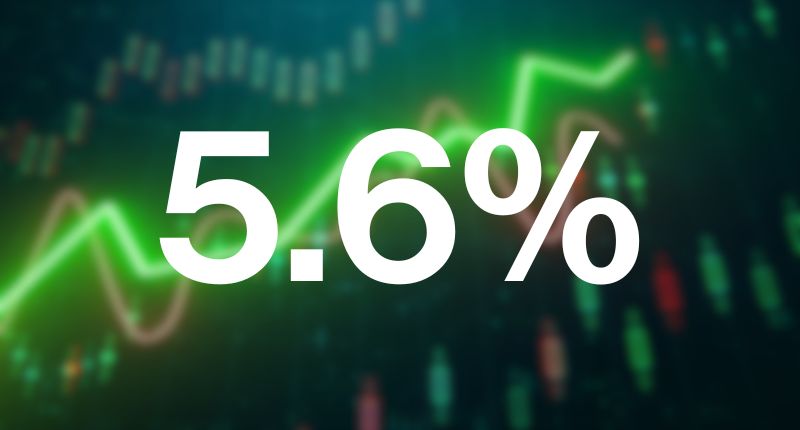- Inflation rose 5.6% in the 12 months to May
- The housing component rose 8.4%, down from 8.9% rise in April
- While job vacancies fell, the number of businesses reporting vacancies rose
The latest inflation figures were released yesterday, with the Australian Bureau of Statistics (ABS) announcing the monthly consumer price index (CPI) indicator rose 5.6% in the 12 months to May 2023.
ABS head of prices statistics, Michelle Marquardt, said the rise “is the smallest increase since April last year.”
“While prices have kept rising for most goods and services, many increases were smaller than we have seen in recent months.
“It can be helpful to exclude items with volatile price changes from the headline CPI indicator to provide a view of underlying inflation,” Marquardt said.
“When excluding these volatile items, the decline in inflation is more modest. The annual increase for the monthly CPI indicator was 6.4% in May, slightly lower than the rise of 6.5% recorded in April and down from a peak of 7.3% in December 2022.”
All groups monthly CPI, Australia, annual movement (%)

The major contributors to this month’s increase included housing (up 8.4%); food and non-alcoholic beverages (up 7.9%); and furniture, household equipment and services (up 6%).
Increases in the housing component are lower than the April increase of 8.9%.
“Within the Housing group, New dwelling prices rose 8.3%, which is the lowest annual growth since November 2021, as building material price increases continue to ease,” Marquardt said.
“Rent price increases went up again from an annual rise of 6.1 per cent in April to 6.3% in May as the rental market remains tight.”
Job vacancies drop, but figures remain high
May saw 432,000 job vacancies, according to the ABS. This figure is down 9,000 from February, with ABS head of labour statistics, Bjorn Jarvis, noting, “The number of job vacancies fell by around 2% between February and May, the fourth consecutive quarterly decrease.”
Despite the ongoing decline over the last year, vacancies remained elevated.
“While job vacancies have fallen by around 10% over the past year, they were still high – around 89% higher in May 2023 than in February 2020, just before the start of the COVID-19 pandemic.
“This May saw businesses continuing to report difficulties in recruiting and retaining staff,” Jarvis said.
The latest figures showed an increase in businesses reporting at least one vacancy, rising to 25% in May, from 24% in February.
Jarvis added, “The percentage of businesses reporting at least one vacancy has been above 11% since August 2020, and higher than 20% since May 2021. This highlights the impact of a tight labour market on a broad range of businesses.”








